We are accustomed to polls that measure people’s trust in decision-makers. Sitra’s survey Opportunities for democratic participation in Finland turned this research design on its head. According to the results published last week, only one in five decision-makers believes that members of the general public have an adequate capacity to participate in discussions concerning political decisions. Less than one-third of decision-makers believe that members of the general public even have the capacity to evaluate the actions of decision-makers.
These are startling results.
People in Finland, if anyone, should have a good capacity to participate in discussions concerning political decisions and evaluate the actions of decision-makers. Human capital has long been considered an integral element of Finland’s success story, and the Finnish population has one of the world’s highest levels of educational attainment.
What are the reasons for the lack of trust among decision-makers?
The nature of the prevailing forms of encounters offers one possible explanation. Harsh discussions on social media platforms characterised by one-upmanship and derisive comments may not be conducive to building trust in decision-makers when it comes to the ability of members of the general public to consider complex political issues. Studies show that, on social media, the vocal minority produces the majority of all content. This tends to skew the view of reality, especially if the encounters are primarily negative.
The professionalisation of politics is another possible explanation. There is a long-term trend of the role of politician becoming a profession for a growing number of people instead of being a fixed-term position of trust. If the issues that are decided on seem complex to decision-making professionals with years of experience, how could ordinary people possibly understand them?
Still, the strength of democracy compared to autocracies lies precisely in the diversity of feedback channels. Good decision-making requires a good understanding of what is happening around us. That is why the distance between decision-makers and members of the general public should not be allowed to increase too much. As researchers from the BIOS research unit have pointed out, societies that are able to mobilise people’s creativity, co-operation, resourcefulness and trust in collective decision-making are in the best position to successfully solve the major problems of our time.
The democratic way of life in daily life
Democracy declines if people do not have a broad-based perception of ownership. With this in mind, it is important that democratic thought and action are deeply ingrained in people’s daily lives. This kind of democracy that is anchored in daily life could be termed the democratic way of life.
In the birthplace of democracy, ancient Athens, it was already understood that democracy requires citizens to have the skill to participate in discussions on issues of common interest and the ability to promote the common good. If these skills and abilities decline, democracy loses its vitality and it cannot be ultimately saved by the professional competence of individual politicians or public officials.
How can the democratic way of life be strengthened? How can it be used to build new kinds of connections between the members of the general public and politicians to enable us to come up with better and more creative solutions to the wicked problems of our society? One significant way to accomplish these goals is dialogue aimed at building a better understanding of issues, other people and oneself.
Dialogue increases the capacity to think together
Finland has very good conditions for increasing dialogue in all areas of society. Many excellent dialogue-based practices have been developed here, with the Timeout method developed at Sitra being one of the most recent. The Finnish National Dialogues model was also developed this year, giving everyone the opportunity to join discussions on issues of societal significance.
The basic idea behind dialogue is simple: focus on learning about the issue at hand and from each other’s experiences. This means that dialogue-based discussion does not start with the assumption that every participant should understand the issue at hand to begin with. Instead, the approach relies on increasing understanding through dialogue. Dialogue-based discussions simultaneously create a deeper understanding and develop people’s ability to think and act together.
How, then, can dialogue be used to bridge the gap that has opened between decision-makers and members of the general public?
Over the years, a large group of various operators has emerged in Finland that have the capacity to organise dialogue-based discussions on many topics – even difficult ones. The Lockdown Dialogues and Democracy Defence Dialogues coordinated collectively by Sitra, the Dialogue Academy, the Timeout Foundation, the Prime Minister’s Office and the Ministry of Finance brought together this group of dialogue facilitators, as did Sitra’s Great Nature Dialogue.
The next step could very well be the increased use of dialogue in encounters between politicians and members of the general public. The strong expertise on dialogue that we have accumulated in Finland can be used more extensively to serve the renewal of democracy. Dialogue-based initiatives can come from anywhere: professionals working for municipalities or wellbeing services counties, non-governmental organisations, businesses, political parties, government ministries, or even individual citizens.
Dialogues can be used to create new spaces for constructive encounters that bring various parties together to deepen their understanding of the issue at hand. The discussions should not evade difficult topics or settings that involve tensions. We need to trust that we can keep getting better at dialogue. Ideally, we can activate a virtuous cycle, where having the courage to participate in dialogue improves our ability to engage in dialogue, and that improved ability enables us to address increasingly challenging topics. The ultimate beneficiary is our entire democratic society, which is based on the creative combination of the knowledge and skills of diverse groups and individuals.
Over 70 organisations came together in the spring and summer of 2022 to hold Democracy Defence Dialogues, providing a forum for discussing how to defend democracy in today’s world. Over 500 people participated in the dialogues. We are now publishing a report on the discussions. It is not too late to join the “We all defend democracy in our daily lives” publication event
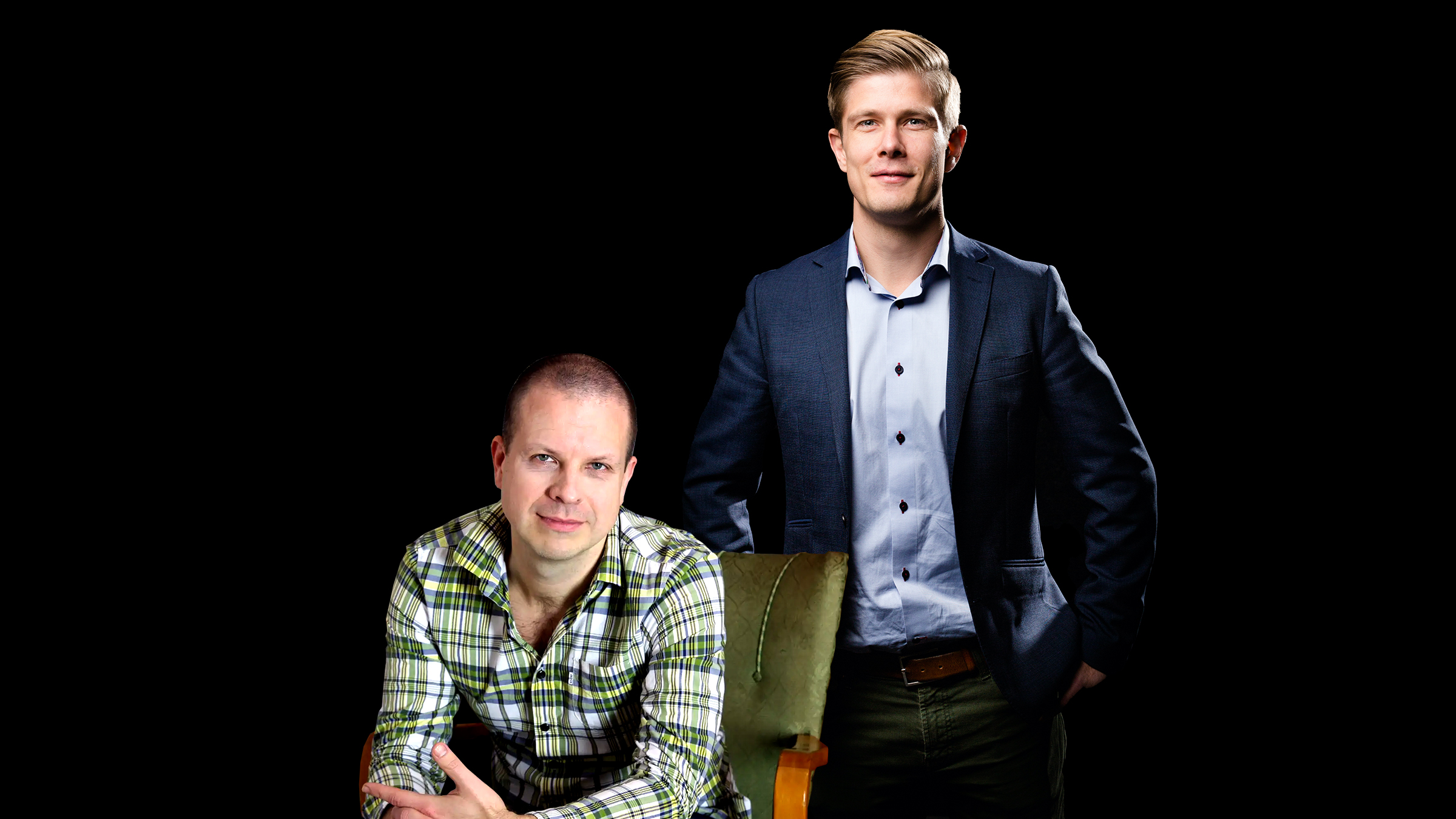



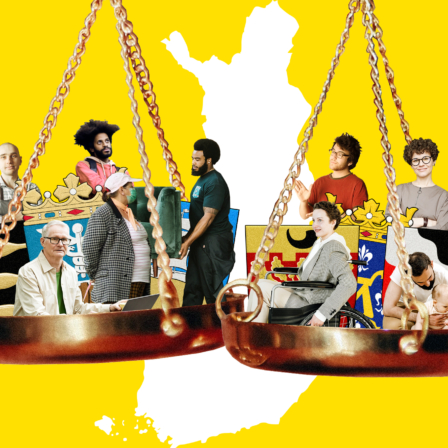
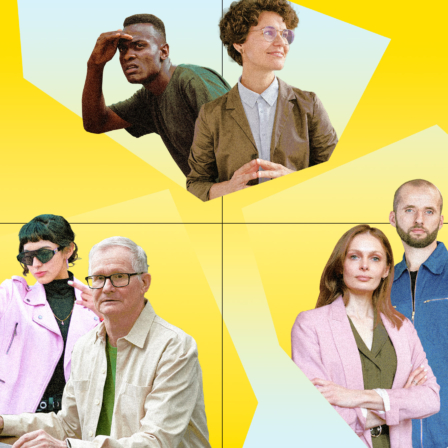
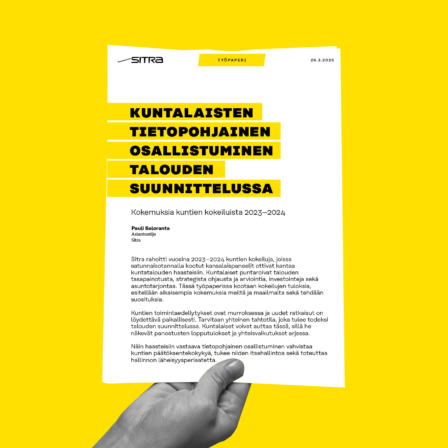



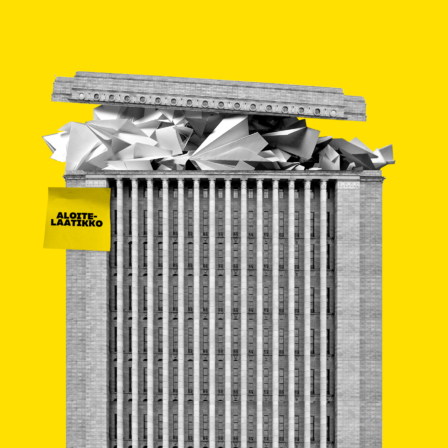

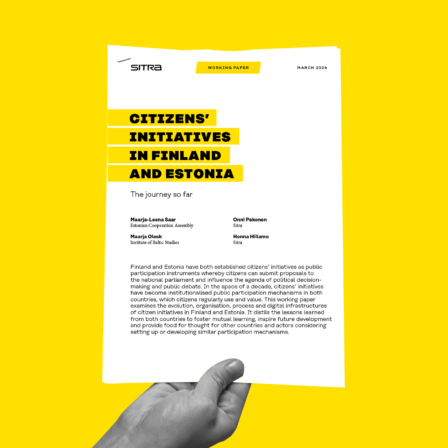
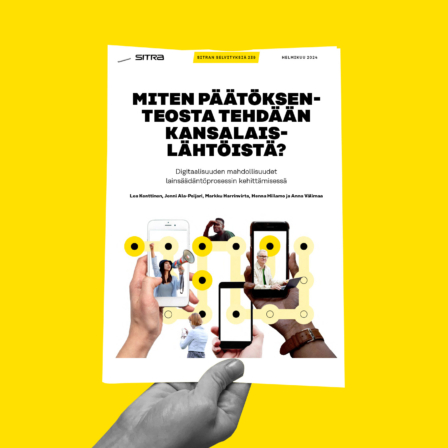
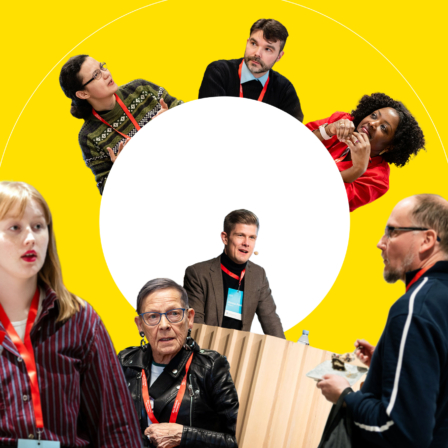
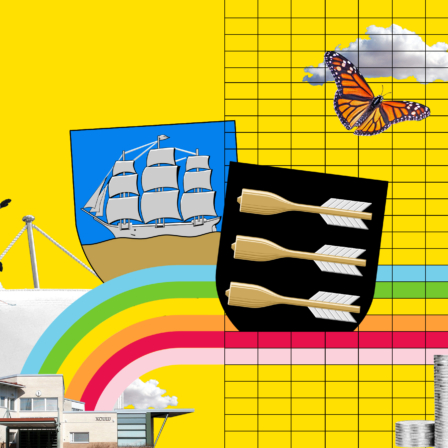
Recommended
Have some more.